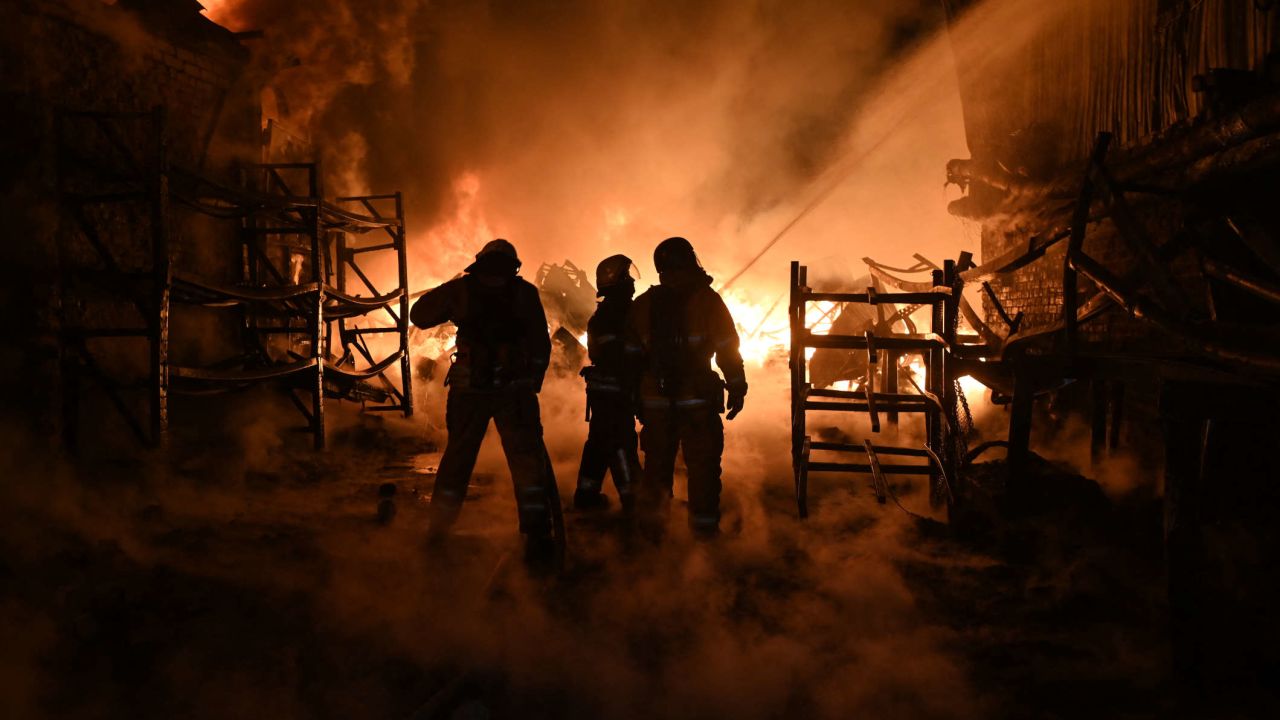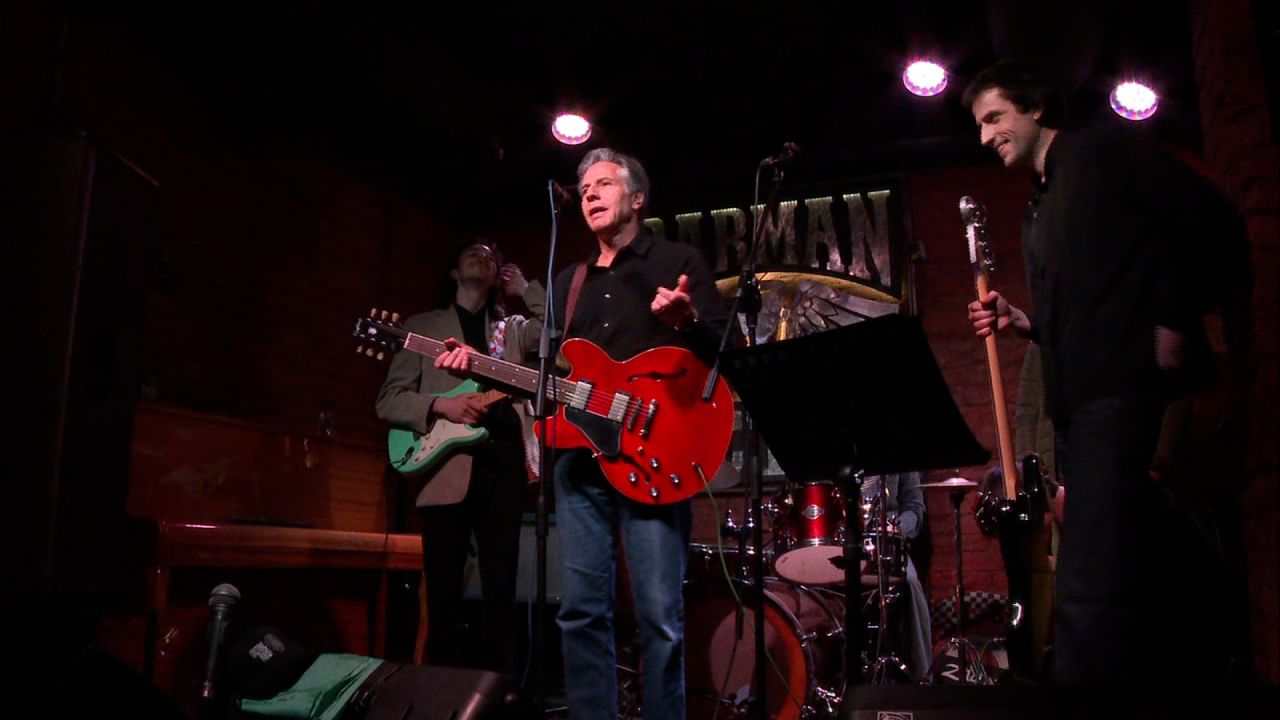Ukraine's Foreign Minister Dmytro Kuleba, attends a meeting in Belgrade, Serbia, on May 13.
Marko Drobnjakovic/AP
Ukraine’s Foreign Minister has hailed ties with Serbia, traditionally seen as one of Europe’s more Russian-leaning states, on a visit to Belgrade.
He was accompanied on the trip by Olena Zelenska, wife of Ukrainian President Volodymyr Zelensky.
In March 2022, Kyiv’s Serbian embassy closed with the United States and the United Kingdom accusing Serbian businesses of assisting Russia in circumventing sanctions.
Following Monday’s meeting between Foreign Minister Dmytro Kuleba and Serbian President Aleksandar Vucic the embassy is set to be reopened.
“We are grateful to the Serbian president for agreeing to hold a Ukrainian-Serbian business forum in the near future, as well as to resume the work of the Serbian embassy in Ukraine for the first time since March 2022,” Kuleba said in a post on X.
Kuleba also said he and Vucic discussed a variety of bilateral issues building on “productive dialogue” Vucic has previously had with Zelensky.
Since the start of Russia’s invasion of Ukraine, Serbia has aided the war-torn country by sheltering Ukrainians and donating humanitarian aid.
First Lady Olena Zelenska expressed gratitude to Serbia for its contribution.
“The needs of Ukrainians for emergency medical care have increased significantly, as the Russian terror against Ukrainian settlements not only continues, but also shows an alarming tendency to intensify,” Zelenska said.
“I am grateful to Serbia for understanding that people matter most,” added Zelenska, who visited the country to take part in a mental health conference.
Traditionally one of Moscow’s closest allies in Europe, Belgrade has long tried to balance its historical ties to Russia and a potential future of closer European integration.
Serbia’s contribution to Ukraine aid can be seen as part of its commitment to joining the European Union, but its relationship with the bloc is strained refusing to participate in EU sanctions rounds against Russia.


























